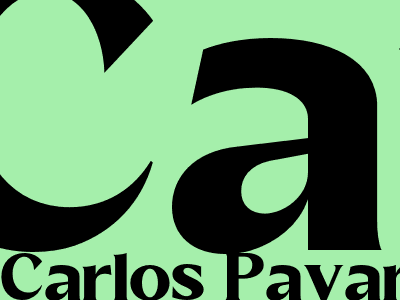
Carlos Payan: The Invisible Founder of the National Hispanic University
Visionary Educator and Community Leader
Carlos Payán, born in 1929 in Laredo, Texas, was an extraordinary figure who profoundly impacted higher education and the Hispanic community. Despite facing significant adversity, his unwavering determination and dedication to empowering underrepresented students led him to establish the National Hispanic University (NHU).
A Life Dedicated to Education
Payán's passion for education ignited at a young age. He earned degrees from Laredo Junior College, Texas A&I University, and the University of Texas at Austin. Throughout his career, Payán devoted himself to improving access to quality education for Hispanic students.
Championing Hispanic Higher Education
In 1971, Payán founded NHU in San Jose, California, recognizing the urgent need for a Hispanic-serving institution. NHU became a beacon of opportunity for thousands of Hispanic students, providing a culturally relevant and supportive learning environment.
Under Payán's leadership, NHU grew exponentially. By the time of his passing in 2008, the university had expanded to include campuses in Oakland and Fresno, offering undergraduate and graduate programs in various fields.
Legacy of Empowerment
Payán's legacy extends far beyond NHU. He was a tireless advocate for educational equity and social justice, serving on numerous boards and committees dedicated to Hispanic advancement.
Payán's unwavering belief in the power of education transformed countless lives. In 2000, he received the Presidential Medal of Freedom, the nation's highest civilian honor, in recognition of his exceptional contributions.
Philanthropic Contributions
Payán's commitment to education extended beyond institutional boundaries. He established scholarship funds and supported numerous organizations dedicated to improving educational opportunities for Hispanic students.
A Trailblazer in Recognition
Payán's vision and dedication have earned him widespread recognition. In 2006, the Carlos Payan Community Education Center in San Jose was named in his honor, serving as a testament to his lasting impact on the community.
Today, NHU continues to thrive, honoring Payán's legacy by providing educational excellence to Hispanic students. His unwavering determination and passion for empowerment continue to inspire generations of students and educators.
Conclusion
Carlos Payán was a visionary educator and community leader whose dedication to empowering Hispanic students left an indelible mark on higher education. Through the establishment of NHU and his tireless advocacy, Payán paved the way for countless individuals to achieve their educational dreams.
His legacy as the invisible founder of NHU serves as a constant reminder of the transformative power of education and the enduring impact of those who dare to dream big.